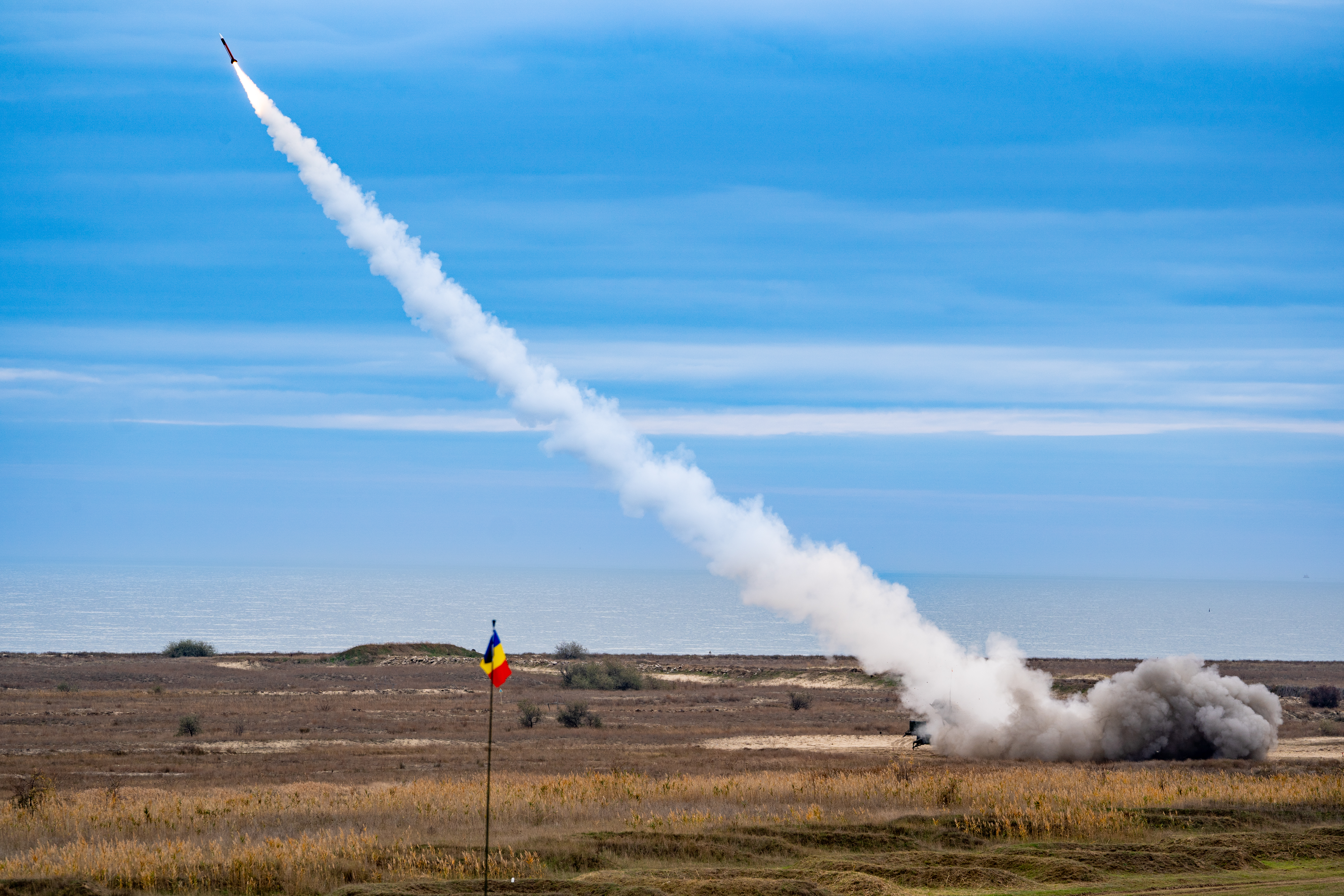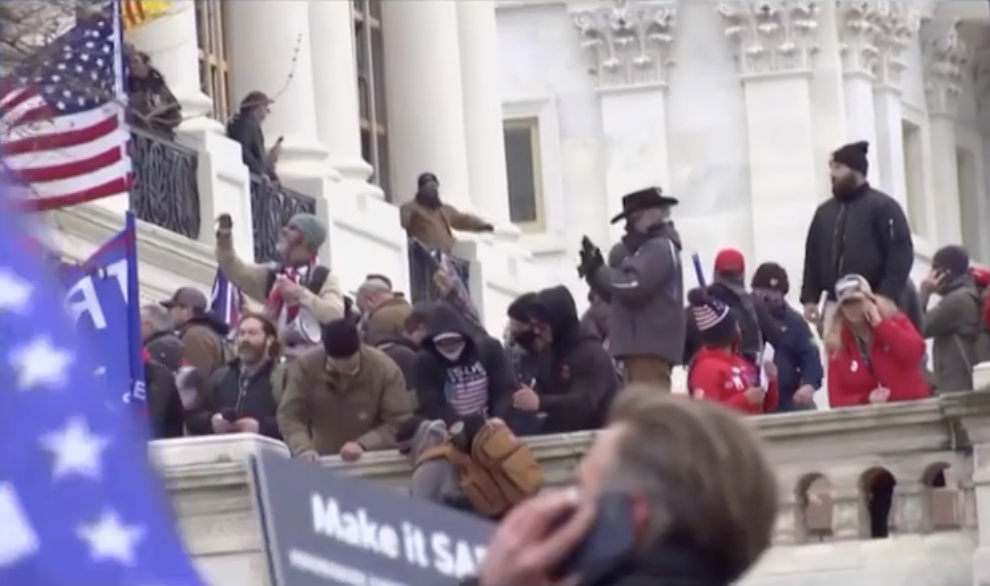National Public Radio (NPR) has declared it will discontinue its use of Twitter following a dispute with the social media platform and its owner, Elon Musk, regarding a contentious "state-affiliated media" label assigned to its accounts.
NPR stated it would cease activity on its organizational Twitter accounts, as the platform's actions falsely imply a lack of editorial independence, thus undermining their credibility. The broadcaster stressed that it would not publish its journalism on platforms that exhibit intentions of damaging their credibility and the public's perception of their editorial autonomy.
Last week, Twitter labeled NPR as a "state-affiliated media" organization, comparing it to foreign propaganda outlets like Russia's RT and Sputnik. NPR, which is funded by its listeners, promptly denounced the label. NPR CEO John Lansing deemed the label "unacceptable," prompting Twitter to change the label to "government-funded media" over the weekend.
In its final series of tweets, NPR informed its audience of alternative platforms to access its work, including its app, newsletters, and other social media platforms.
Lansing stated in an email to NPR staff that it would be a disservice to their serious work to continue sharing it on a platform associating the federal charter for public media with an abandonment of editorial independence or standards. This decision could potentially compromise Twitter's reputation as a central hub for news if other outlets choose to follow NPR's lead.
Twitter has also faced criticism for applying a similar "government-funded media" label to the BBC, which is primarily funded by the public as well. In a recent interview with the BBC, Musk acknowledged the backlash, admitting that the BBC was unhappy with the label. He also stated his intention to update the BBC's label to "publicly funded."
This incident is the latest in a series of conflicts between Musk and media outlets. Earlier this month, Twitter removed the blue verification checkmark from the New York Times' main account and briefly restricted users from sharing links to a popular newsletter platform. Additionally, Twitter seems to have lifted some restrictions on Russian government accounts that were implemented after the start of Russia's war in Ukraine.
As Musk works to stabilize Twitter's business, the platform faces an exodus of advertisers worried about increased hate speech and significant workforce cuts. Musk is currently promoting the platform's $8-per-month subscription service, a task he describes as "not fun at all" and "painful," though he claims some advertisers are returning to Twitter.










